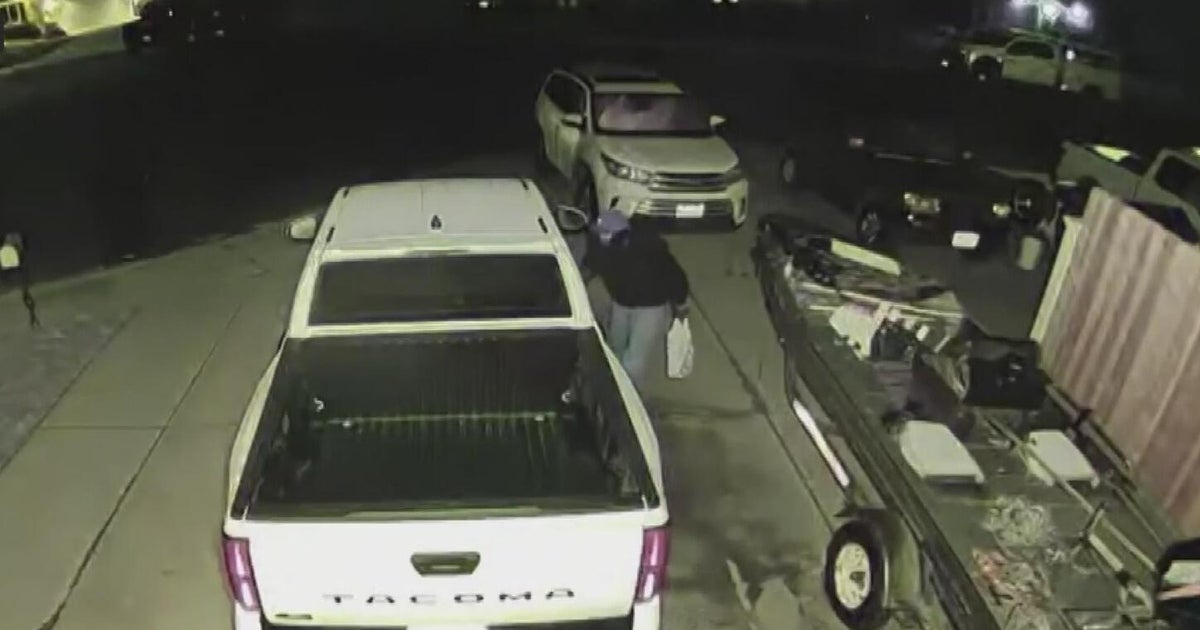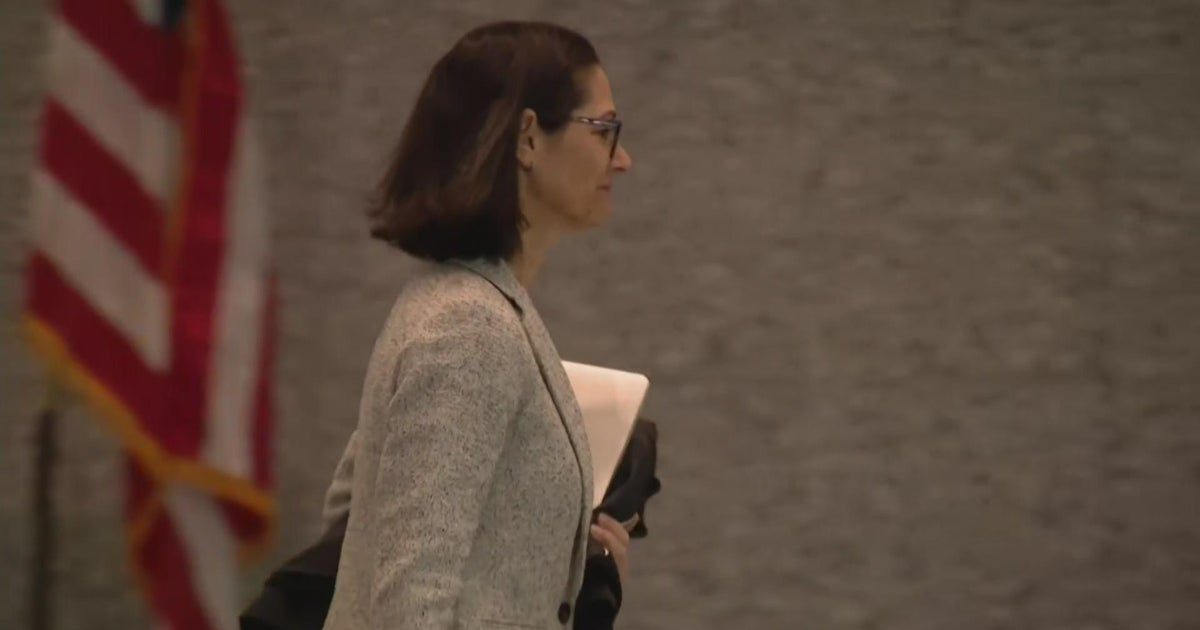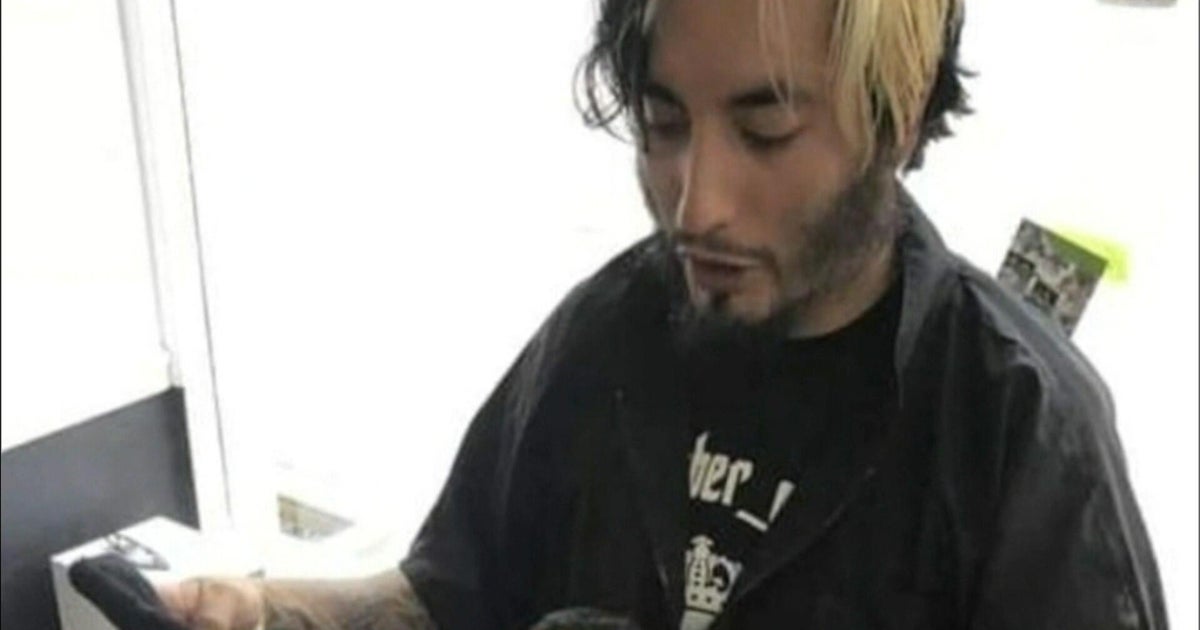GM Wants Tough Punishment In Hybrid Secrets Theft
By Ed White, Associated Press
DETROIT (AP) - General Motors Co. wants a long prison sentence next week for a former employee and her husband who were convicted of stealing hybrid vehicle technology for potential use by competitors in China.
Trade secrets were found on at least seven computers owned by ex-GM engineer Shanshan Du and Yu Qin, according to prosecutors. The government doesn't believe the information made it to China, although Qin had claimed to have made contact with GM competitors overseas.
"There is a clear and well-recognized need for the United States government, including its courts, to take aggressive steps to deter others from stealing the type of vital technology at issue in this matter," said John Calabrese, GM vice president for global vehicle engineering.
Du and Qin face eight to 10 years in prison under sentencing guidelines, and Calabrese asked U.S. District Judge Marianne Battani in a letter this week to "impose the maximum allowable sentence." But Battani has flexibility when the suburban Detroit couple returns to court Tuesday.
Du, 54, was convicted Nov. 30 of conspiracy and possessing trade secrets without approval. Her 52-year-old husband was found guilty of the same crimes, along with fraud and obstruction of justice.
The government accused Du of seeking a transfer within GM to get access to hybrid technology and said she began copying documents by the end of 2003. She copied thousands of documents in 2005, five days after getting a severance offer from the automaker, according to the indictment.
By that summer, Qin was telling people he had a deal to provide hybrid technology to a GM competitor in China and had set up his own company, Millennium Technology International, the government said.
Prosecutors Cathleen Corken and Michael Martin are recommending a prison sentence within the guidelines.
Du's sentencing memo hasn't been filed yet. But Qin's attorney, Frank Eamen, is seeking probation with home confinement, saying GM never suffered an actual loss.
"The GM technology possessed by the defendants was never sold or offered for sale to any other entity. Therefore, no other entity ever made use of the technology to the detriment of GM," Eaman said in a court filing.
MORE: Two Convicted In Conspiracy To Steal GM Trade Secrets
Troy Couple Accused Of Stealing GM Secrets
© Copyright 2013 The Associated Press. All Rights Reserved. This material may not be published, broadcast, rewritten or redistributed.







